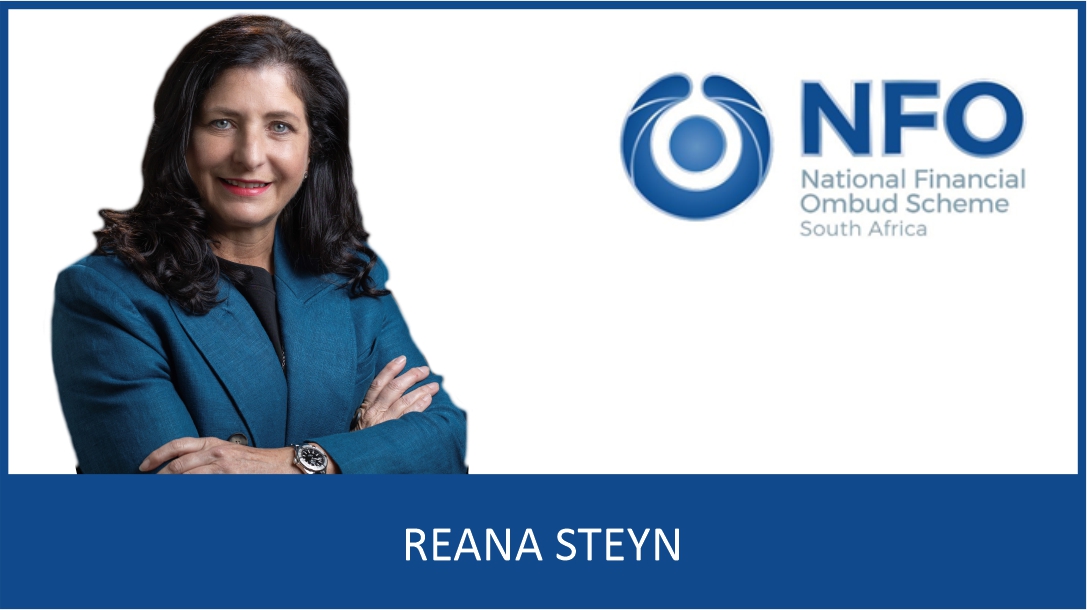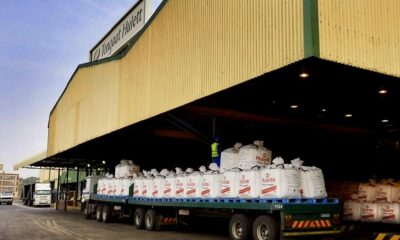Consumer controversies
Rural South Africans Are Speaking Up, And One in Three Financial Complaints Proves It

From forgotten farm towns to city centres, a growing number of South Africans are turning to the Financial Ombud for justice. Here’s what the data reveals.
For decades, rural South Africans have often been left out of the country’s financial system conversations, dismissed as too remote, too poor, or too unbanked to matter. But that perception is changing fast, and the numbers speak for themselves.
In 2024, just one year after the launch of the National Financial Ombud (NFO), nearly one in every three complaints received by the independent watchdog came from South Africa’s rural and small-town residents.
That’s not just a statistic. It’s a wake-up call.
Also read: Meta Under Fire in South Africa: Calls Grow to Jail Local Facebook and WhatsApp Executive
What the numbers actually say
Between 1 March and 31 December 2024, the NFO handled 35,855 financial complaints from consumers across the country. Of these, a striking 32.1% originated from rural areas and small towns, according to Reana Steyn, the organisation’s CEO and Chief Ombud.
That amounts to over 11,500 cases of rural South Africans standing up against questionable practices by banks, insurers, and credit providers.
For context, Gauteng accounted for the most complaints overall (42.18%), followed by the Western Cape (19.14%), KwaZulu-Natal (14.07%), and the Eastern Cape (7.6%). But the NFO is paying close attention to what these rural voices are saying and what they’re not being offered.
Why rural voices matter more than ever
Speaking at a recent NFO briefing, Steyn emphasised the importance of ensuring equal access to financial justice, especially for those living far from metros or who earn very little.
Many complaints came from the country’s most vulnerable income group, those earning less than R80 000 per year. These lower-income consumers were responsible for nearly half (49.63%) of all complaints.
This raises tough questions: Are rural and poor South Africans being disproportionately sold bad products? Or are they simply less equipped to navigate fine-print contracts and slow-moving claims processes?
Not just about geography: Gender, race, and age also tell a story
The NFO’s latest report also offers an illuminating snapshot of who is most likely to speak up when financial institutions fail them.
-
Women filed more complaints than men, making up 55.55% of submissions
-
Black South Africans led with 53.53%, followed by White (26.77%), Coloured (10.41%), and Asian (9.29%) complainants
-
Seniors are showing up too: 201 complaints came from consumers aged 65 to 75, while 66 came from those over 75
It’s a powerful reminder that vulnerability in financial services doesn’t belong to one group alone; it’s widespread and often invisible.
A watchdog with bite
Since launching in 2023, the National Financial Ombud has already recovered more than R328.5 million for South African consumers. That’s not just a figure on a spreadsheet; it’s families being repaid, pensions being restored, and livelihoods being protected.
Haroon Laher, the NFO’s chairperson, called on financial institutions to stop treating consumers as a one-size-fits-all market.
He warned, “There is a growing gap between the urban and the rural, the sophisticated and the vulnerable. Financial service providers must understand this if they want to stop complaints before they start.”
The bottom line: A shift is happening
In a country where financial literacy is uneven and access often unequal, the rise in rural complaints is a sign of something deeper. South Africans, even those living far from city centres, are no longer quietly absorbing losses. They are using their voices and their rights to challenge unfair treatment.
For the first time in a long time, rural South Africa is not just visible on the map. It is visible in the data. And that is something the entire financial sector will have to reckon with.
Also read: Heartbreak for Sweet Tooths: Why Chocolate Is Getting Pricier in South Africa
Follow Joburg ETC on Facebook, Twitter , TikTok and Instagram
For more News in Johannesburg, visit joburgetc.com
Source: IOL
Featured Image: EBnet


























